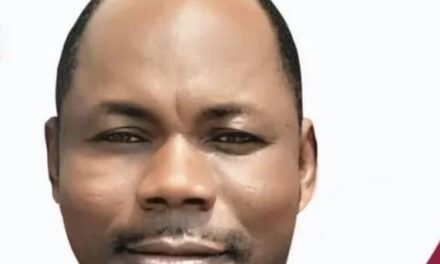
Loopholes in Ghana’s Anti-Corruption Laws Hamper Progress2 min read

The Public Relations Officer of the Ghana Bar Association (GBA), Saviour Kudze, has raised concerns about how effective the 1992 constitution is in combating corruption in the country.
Speaking on JoyNews’ PM Express, Mr Kudze expressed strong reservations about existing legislations, asserting that they inadvertently facilitate corruption rather than curbing it.
He highlighted a fundamental flaw in the legal framework, emphasising the equal culpability of both the giver and the receiver of bribes.
According to Kudze, this approach creates a disincentive for individuals to report corruption, as they risk incriminating themselves in the process.
“Our laws on corruption itself facilitate corruption and I am convinced that unless we re-look at them, we will not go far in the fight against corruption. If you have a law that says the giver and taker of corruption are equally guilty how do you expect to fight corruption with such a law?
“Do you think, I’d bribe somebody and go and report that I have given a bribe when I know that they will arrest me and arrest the person as well, charge both of us, and possibly jail us?” he quizzed.
He further continued, “I don’t think that will happen.”
Corruption has been one menace that has impeded Ghana’s development for decades. Many attempts to fight the canker have yielded little result.
But the GBA PRO on the Tuesday show, noted that the laws need to be reevaluated and also there needs to be a paradigm shift in societal principles.
He lamented a societal shift where values and principles have been eclipsed by a relentless pursuit of financial gain.
He called for a reevaluation of societal norms and a return to cherished values, suggesting that such a re-calibration is imperative to address the root causes of corruption.
“And I have also said that it appears as a people we have unconsciously limited our definition of success to material gains. If it is not money then you are not successful. Ask the average Ghanaian, ‘Who is successful?’ and that person will begin to mention material things.
“So I think we have lost our values, and we have to re-look at it because as individuals who make up society if we have principles and values that we cherish, we shouldn’t be having some of these problems.”
Mr Kudze’s remarks come after the Chief Justice, Gertrude Tokornoo, outlined her vision for the judicial arm of government which included a comprehensive review of ethical practices to restore integrity to the legal system.


















